|
Gentile Cliente, Vi ringraziamo per la Vostra gradita visita durante la recente fiera XYLEXPO 2024 in Milano (Italia). Restiamo in attesa di un Vs. riscontro e rimaniamo a Vostra disposizione per ogni Vostra richiesta ----------------------------------------------------------------------------------------------------- We thank you for visiting our booth at this year’s XYLEXPO 2024 exhibition in Milan - Italy. We hope you thoroughly enjoyed your visit and our hospitality. The exhibition gave us the opportunity to show our successful range of cutting tools and accessories for the woodworking industry. Please, do not hesitate to contact for any questions or feedback you may have. We will be very happy to receive your enquiries. Sfoglia il nostro catalogo Legno 2022 Watch our browseable Catalogue 2022 with woodworking tools Tech Tour durante la scorsa XYLEXPO 2024 dedicato a utensili e attrezzature. Intervista a Giampaolo Pesenti, titolare FAPIL
Tech Tour during the last XYLEXPO 2024 dedicated to tools and equipment. Interview with Giampaolo Pesenti, CEO of FAPIL TI ASPETTIAMO A XYLEXPO 2024
PAD. 3P STAND G16 Quattro giorni a Milano con le novità FAPIL e gli utensili della sua linea del catalogo LEGNO COME AND VISIT US AT XYLEXPO 2024, HALL 3P STAND G16 Four days in Milan with FAPIL news and the tools of WOOD line catalogue FAPIL: TECNOLOGIA E PASSIONE A XYLEXPO 2024 Fapil, l’azienda di Zogno (Bergamo) specializzata nella produzione di utensili, che esporrà alla biennale nello stand G16 del padiglione 3P. Durante questa edizione, l'azienda proporrà utensili tecnologici per la progettazione e costruzione di soluzioni per l'industria della lavorazione del legno, plastica e materiali compositi e avrà una parola d’ordine: evoluzione. FAPIL: TECHNOLOGY AND PASSION AT XYLEXPO 2024 Fapil, the Zogno (Bergamo)-based company specializing in the production of tools, will exhibit at Xylexpo 2022 in booth G16 in Hall 3P. During this edition, the company will offer technological tools for the design and construction of solutions for the woodworking, plastic and composite materials industry and will have a watchword: evolution. Xylexpo Digital 2024: Gli espositori di Xylexpo si presentano (utensili e attrezzature) - FAPIL srl8/4/2024
Xylexpo Digital 2024: Gli espositori di Xylexpo si presentano (utensili e attrezzature). È andato in scena l'ultimo dei quattro appuntamenti nei quali gli espositori di Xylexpo 2024 – la rassegna internazionale, in calendario dal 21 al 24 maggio prossimo – hanno potuto presentare “en primeur” i contenuti della loro partecipazione. Questo quarto appuntamento è stato dedicato a utensili e attrezzature e tra le aziende intervistate Giampaolo Pesenti di FAPIL srl Vi auguriamo una Buona Pasqua!
We wish you a Happy Easter! Wir wünschen Ihnen ein Frohe Ostern! Les deseamos una Feliz Pascua ! Meilleures Voeux de Joyeuses Pâques! 28a Biennale mondiale delle tecnologie per la lavorazione del legno e dei componenti per l'industria del mobile - 21-24 Maggio 2024, Fieramilano
L'accesso a Xylexpo 2024 è gratuito per tutti gli operatori specializzati. Per poter accedere alla manifestazione è indispensabile registrarsi preventivamente o direttamente alla reception. link 28th Biennial world exhibition for woodworking technology and components for the furniture industry 21-24 May 2024, Fieramilano, Italy Access to Xylexpo 2024 is free for all industry operators. To visit the exhibition you must register in advance or at the reception desks. link 23-03-1959—>23-03-2024
Buon Compleanno FAPIL, 65 anni! Happy birthday FAPIL, 65years anniversary! #Happybirthday #FAPIL @fapiltools BUON NATALE E FELICE ANNO NUOVO ** MERRY CHRISTMAS ** *** С НОВЫМ ГОДОМ *** Vi auguriamo un Buon Natale ed un Meraviglioso Anno Nuovo
Che tutti i vostri sogni per il prossimo anno possano realizzarsi! We wish you a Merry Christmas and a Wonderful New Year May all your dreams for the coming year be fulfilled! Wir wünschen Ihnen ein frohes Weihnachtsfest und alles Gute im Neuen Jahr, Glück, Erfolg und Realisierung Ihrer Träume. Les deseamos una Feliz Navidad y un Prospero Año Nuevo ¡Que se cumplan todos sus sueños para el año que viene! Meilleures Voeux de Joyeux Noël et Bonne Année. Que la nouvelle année puisse réaliser tous vos désirs! Мы Вас поздравляем с Новым Годом и с Рождеством. Пусть в новом году сбудутся все мечты! Vi informiamo che la nostra azienda sarà chiusa per le festività natalizie dal 22.12.2023 al 09.01.2024. We inform you that our company will be closed for Christmas Holidays from 22.12.2023 to 09.01.2024. Сообщаем Вам, что наша компания будет закрыт на Рождество с 22.12.2023 до 09.01.2024.  Il 2024 sarà l'anno di XYLEXPO, la biennale internazionale dedicata al mondo della lavorazione e all'industria del mobile, che si avvicina ad ampie falcato. La manifestazione – che andrà in scena a Fieramilano-Rho dal 21 al 24 maggio 2024 – metterà in mostra le soluzioni più innovative per la filiera del legno-arredo. NOI CI SAREMO! 2024 will be the year of XYLEXPO, the biennial international exhibition dedicated to the world of processing and the furniture industry, which is approaching in broad strides. The event – which will be staged at Fieramilano-Rho from 21 to 24 May 2024 – will show the most innovative solutions for the wood-furniture supply chain. WE'LL BE THERE! FAPIL srl da oltre 60 anni sinonimo di utensili da taglio di qualità, soluzioni di utensili per fresatura CNC per la lavorazione del legno, plastica e materiali compositi, distribuisce i suoi utensili sul mercato nazionale ed internazionale. Una gamma completa di utensili e soluzioni specifiche per fresatrici CNC realizzate con elevata precisione grazie all' utilizzo delle moderne tecnologie progettuali e costruttive di cui dispone nello stabilimento di Zogno (Bergamo). www.fapil.it
For over 60 years, FAPIL has been designing and manufacturing cutting tools and tool solutions for processing wood, plastic and composite materials on CNC machinery, operating through an international sales network. A deep passion for designing an ever wider range of high quality tools, by using the most advanced construction technologies available at the FAPIL's plant in Zogno (Bergamo). www.fapil.it  Chiusura Estiva Desideriamo ricordarVi le nostre vacanze estive . La produzione sarà chiusa tra il 5 e il 28 agosto (settimane 32-33-34 ). Grazie per la collaborazione! Summer Holidays We wish to remind you about our summer holidays. The production will be closed between the 5th and 28th of August (weeks 32-33-34). Thanks for your cooperation! Vacances d´été Nous seront fermés pour les vacances d´été à partir du 05 / 08 / 2023 jusqu´à le 28 / 08 / 2023. Bonne Vacances. LIGNA è iniziata!
LIGNA 2023 has started! Vi aspettiamo dalle 9 alle 18 dal 15 al 19 maggio Pad.13 stand A57. Visit Us Hall 13 stand A57 15-19 May in Hannover Germany #TooligPassionTechnology |
AuthorNovità tecniche ed altro Archives
Giugno 2024
Categories |
|
FAPIL S.R.L.
-------------------------------------- Indirizzo: Via A.Locatelli,51A Zogno (BG) - 24019 ITALY Partita iva: 01635550161 Capitale sociale: 75.000,00 € Registro imprese: BG01635550161 Export: BG005307 |
INFORMAZIONI
------------------------------------------ |
|
©
Copyright 1997-2024 Fapil Srl All rights reserved


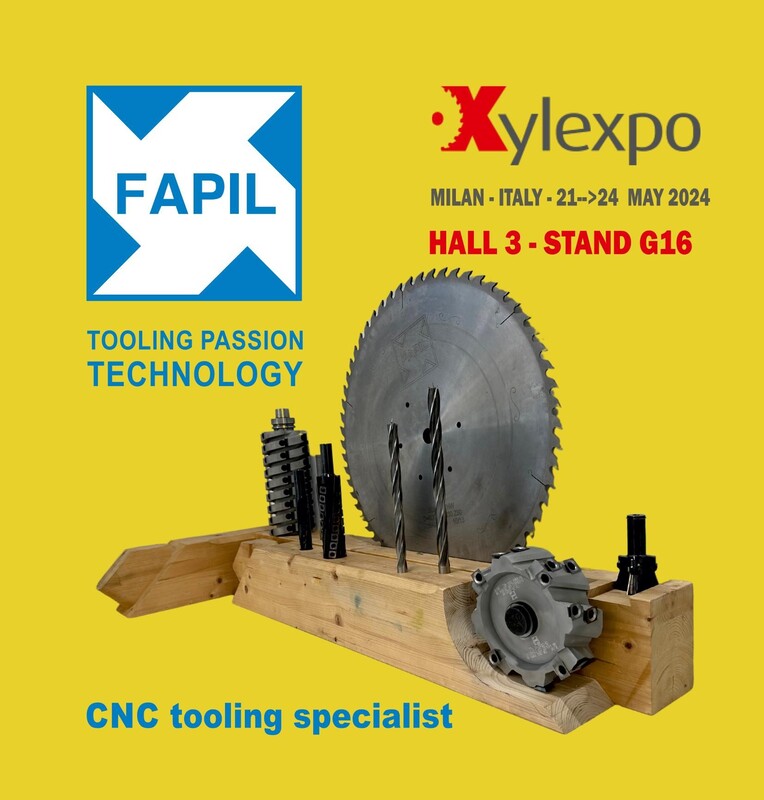
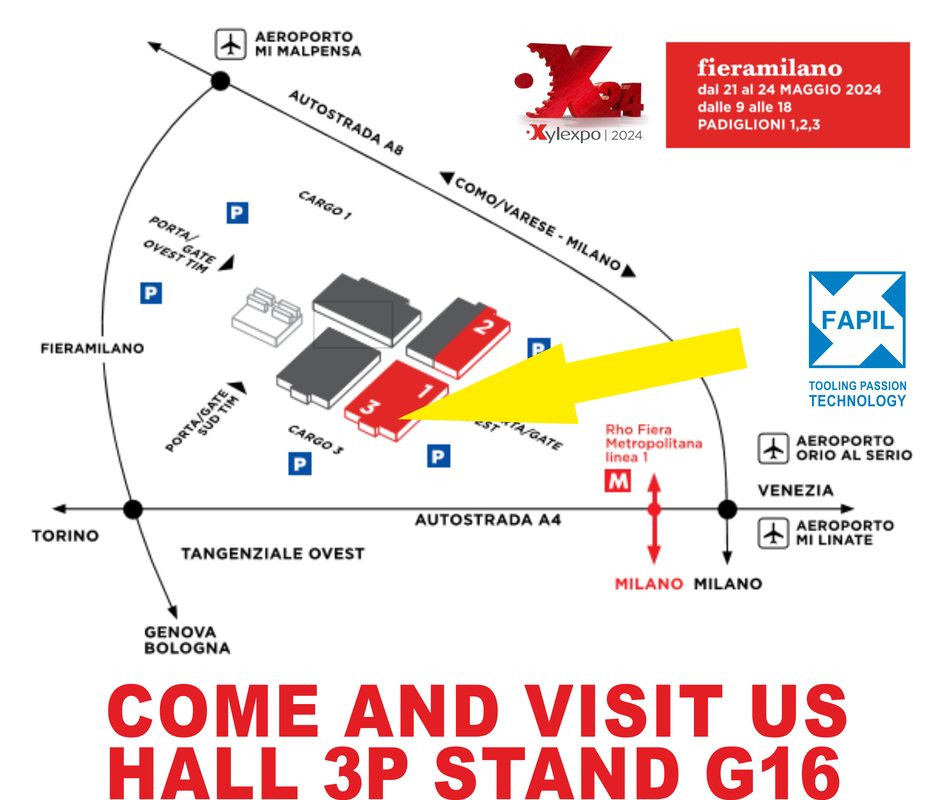

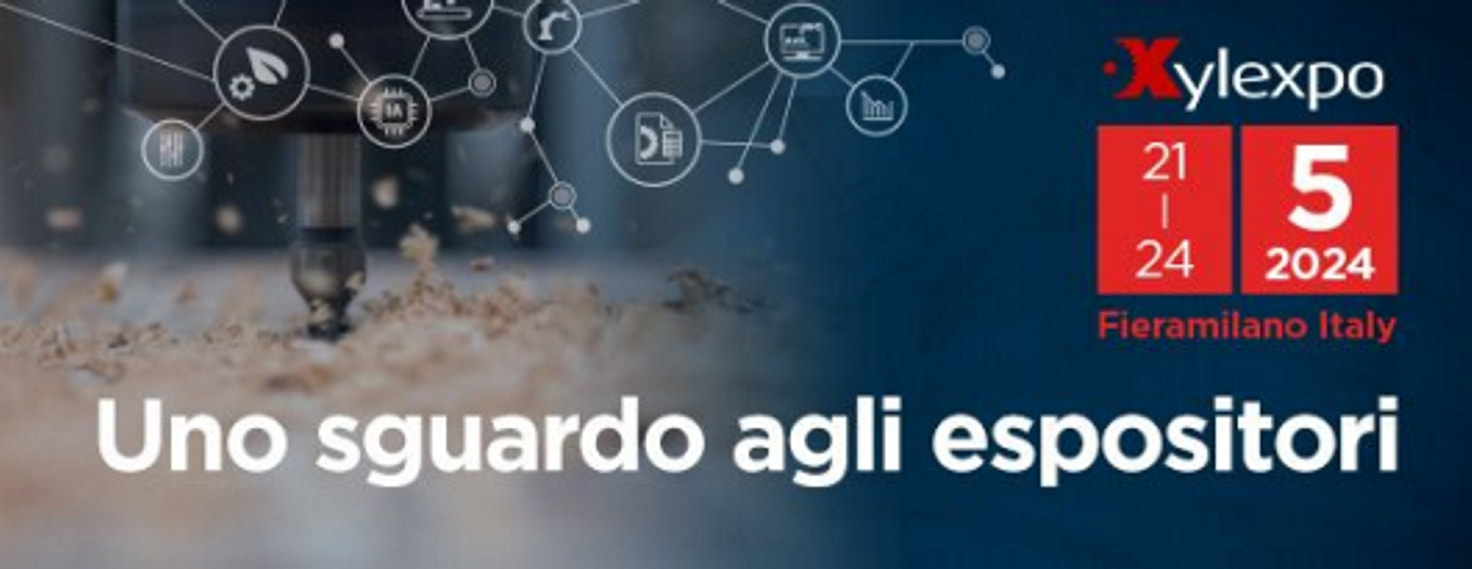

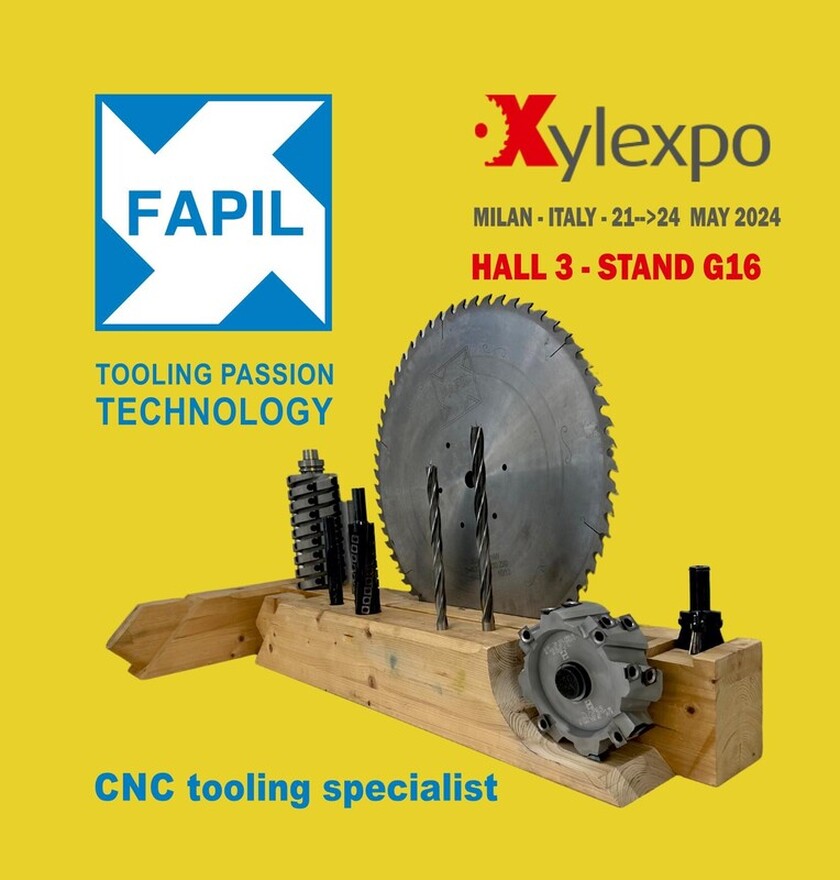
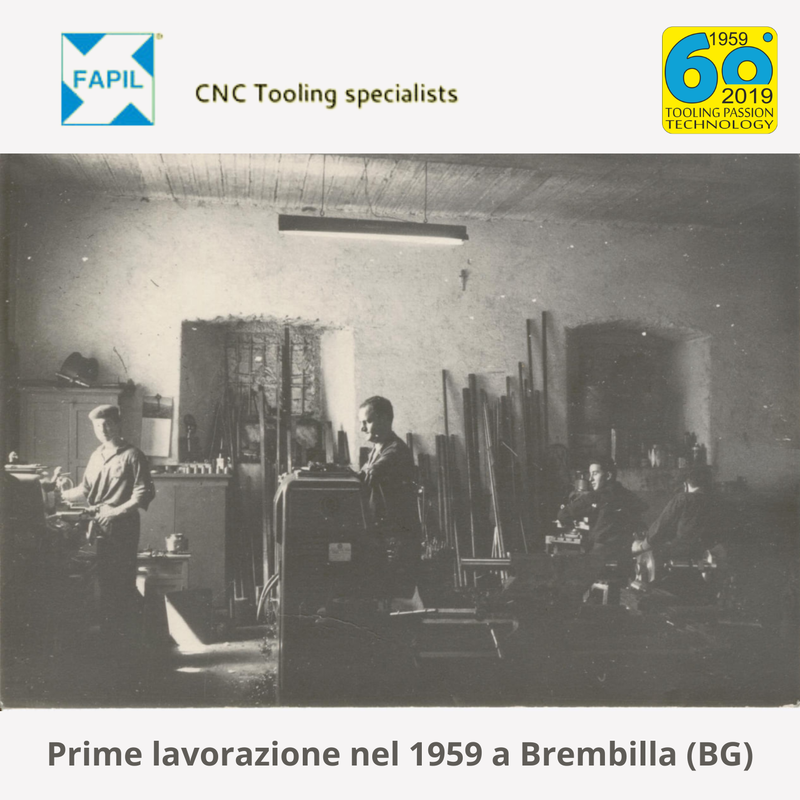
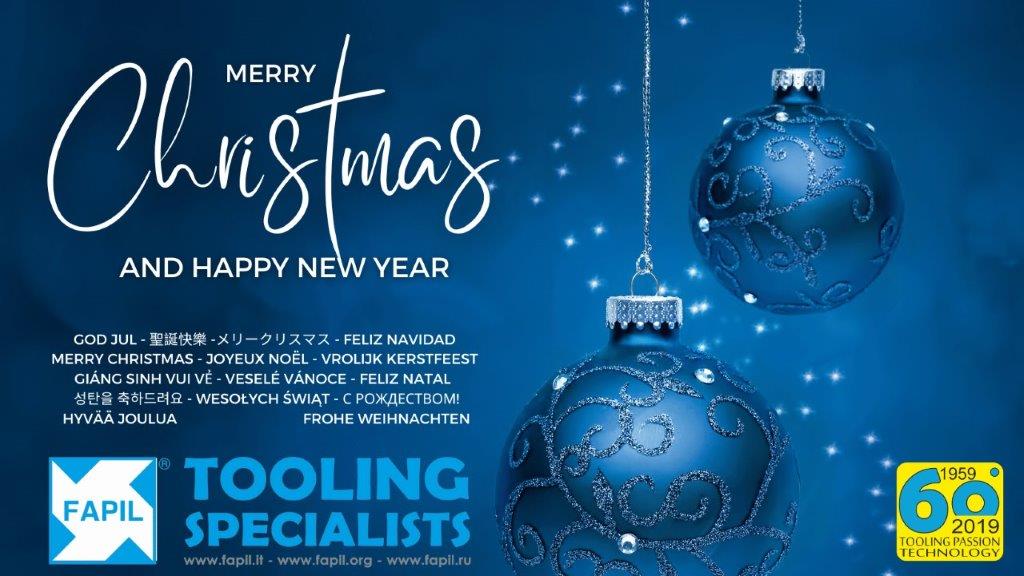
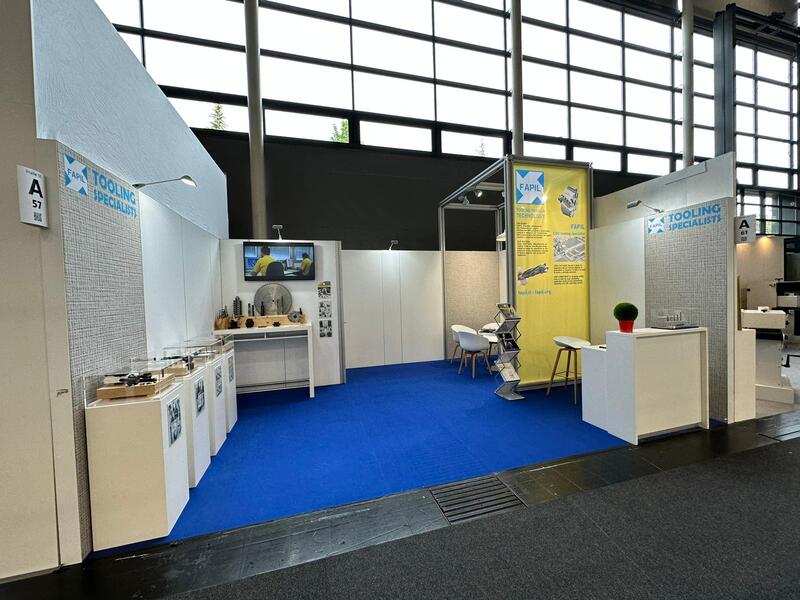
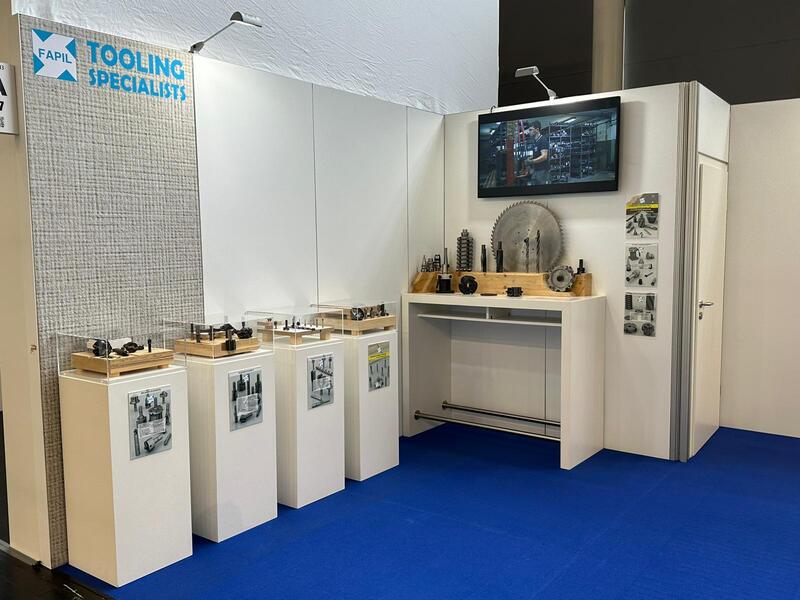
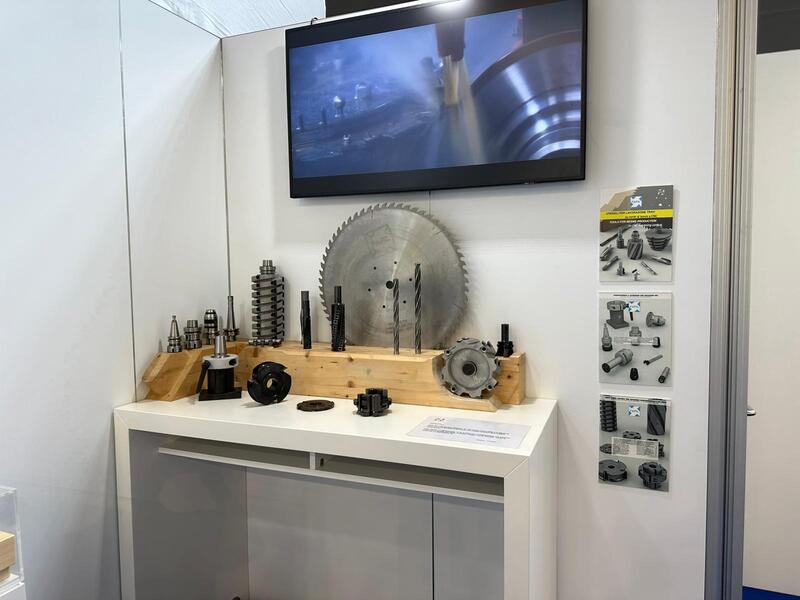
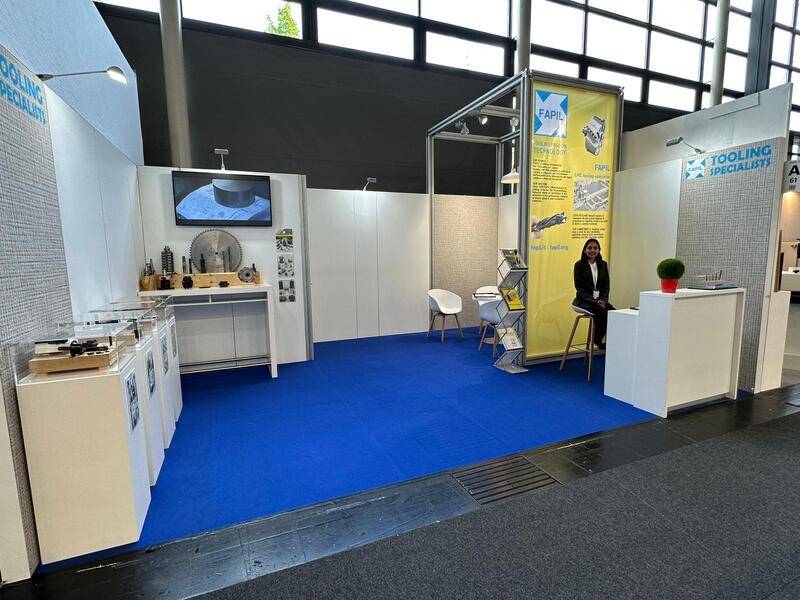
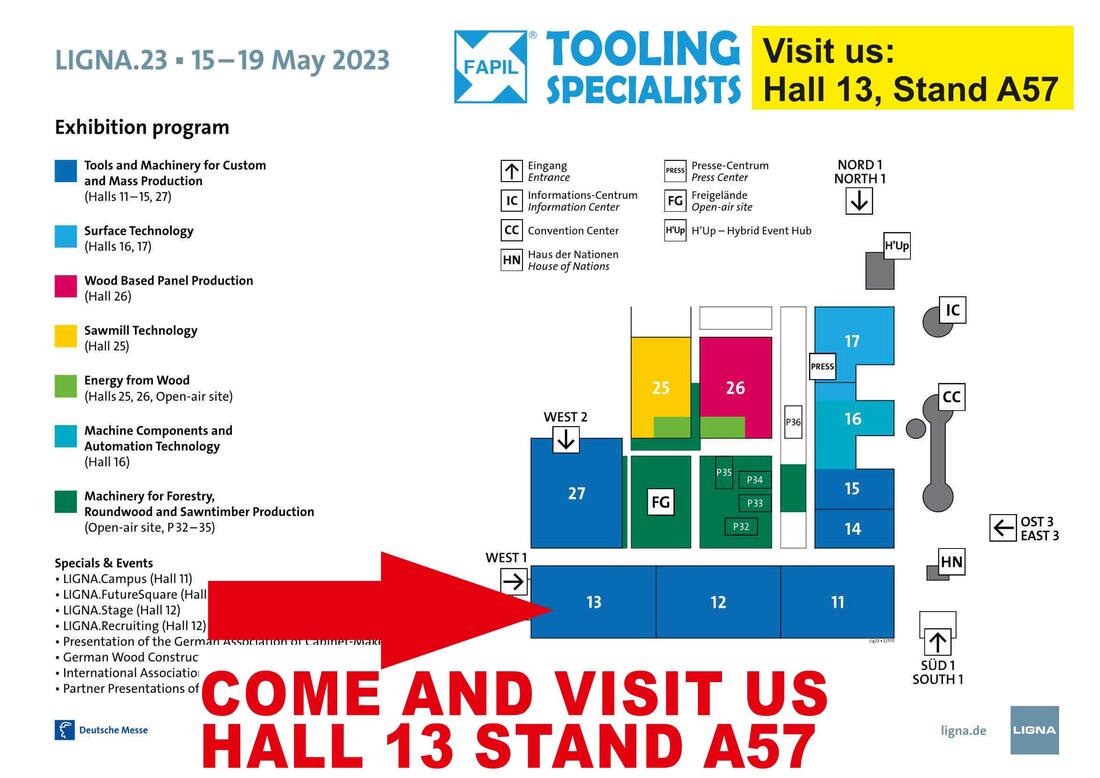
 Feed RSS
Feed RSS